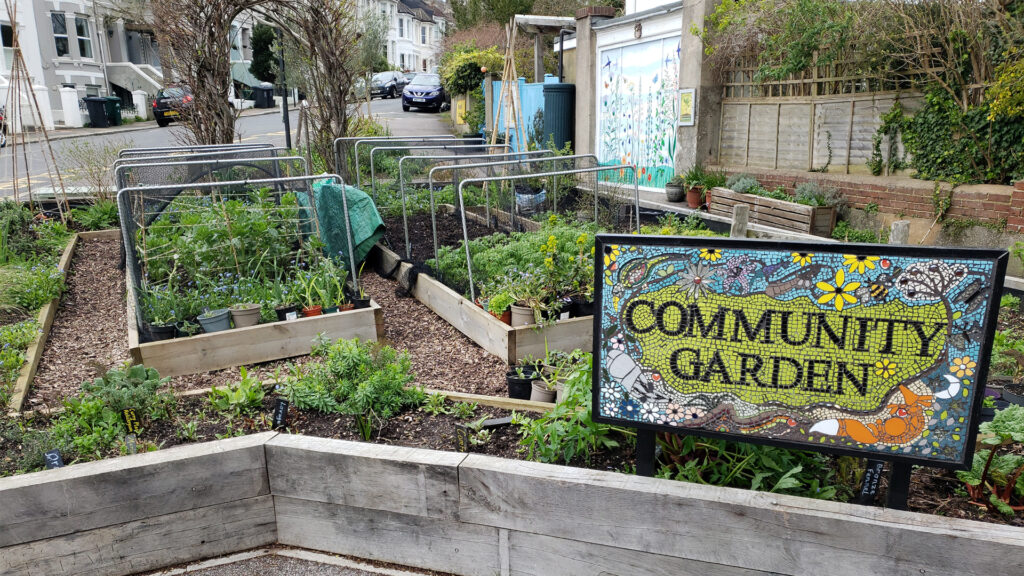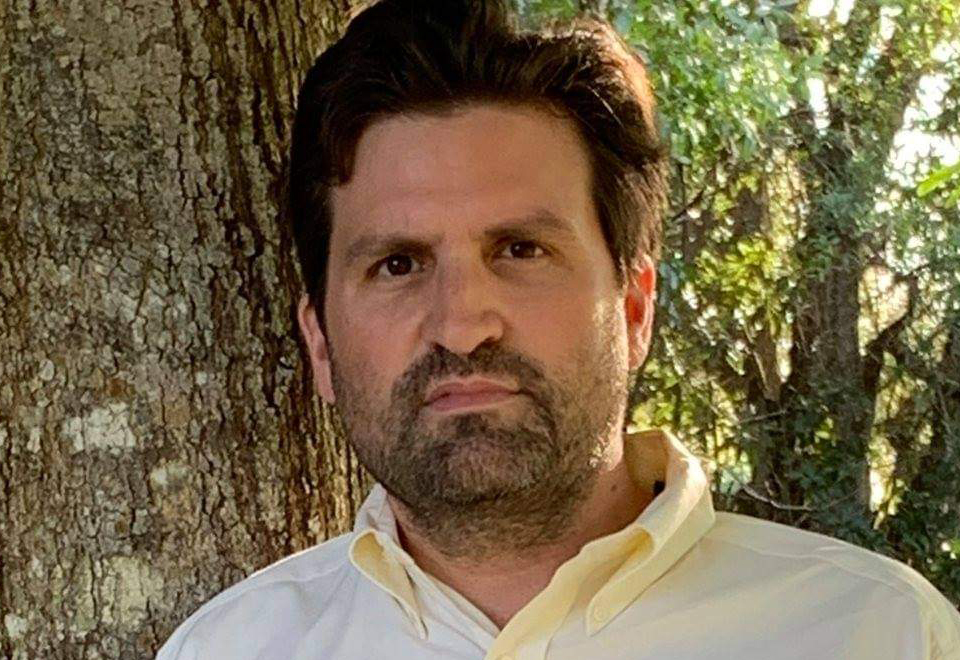By David Vaina
I’ve been a member of a community garden in Florida for more than a decade now and I’m always interested in why others sign up each fall. Some live in apartments. A few mention inflationary pressures. Recently, I’ve heard concerns that droughts and hurricanes might interrupt food supply lines.
Research finds community gardens are effective strategies in sequestering carbon and increasing biodiversity. They also draw attention to how our food choices drive climate change, with agriculture accounting for 9.4% of greenhouse gas emissions in the U.S., according to the Environmental Protection Agency.
But in this endless election year, one where Democrats and Republicans equally claim they are the sole guarantors of our freedoms, I want to argue that community gardens reflect a still-vibrant political tradition that’s long been dismissed by both parties.

I find Thomas Jefferson especially useful in understanding the political potency of community gardens. For Jefferson, who kept an extensive diary on his experiments with gardening at Monticello, politics is something we must consistently do ourselves.
There’s an index of democracy in Jefferson’s thinking where democracy is most intense when we take “direct action” at the most local level. America is most free when a citizen “feels that he is a participator in the government of affairs not merely at an election, one day in the year, but every day,” Jefferson wrote.
In Florida, we are going to lose our tomatoes to a noxious garden pest or two. Or plant at the wrong time, only to later witness a freeze or two weeks of relentless rain. But I’ve acquired more horticulture know-how from other gardeners over the years than any textbook I’ve ever consulted. Now, I screw up just a little less each season.
Yet going beyond this exchange of proper plant selection and pest management, community gardens operate as laboratories in democracy. Jefferson emphasizes that democracy is something that must be learned: He wrote that the “qualifications for self-government in society are not innate. They are the results of habit and long training and for these they will require time and probably much suffering.”
Establishing a new community garden requires collective planning and negotiation in selecting our individual plots and agreeing on the specific application of fertilizer. It is here we struggle to learn the consensus decision-making process that differentiates community garden politics from our broken representative system.
Jefferson’s unique political vocabulary underscores his point that democracy, much like plants, needs to be nourished or it withers away. When we authorize others to do democracy for us, the result is “lethargy, the forerunner of death to the public liberty.”

But when we decide to work together and figure things out for ourselves, we become rebellious and cultivate a self-governing insurgency that operates as freedom’s “natural manure,” as Jefferson wrote in a 1787 letter to William Smith.
“The earth is given as a common stock for man to labor and live on,” Jefferson shared with James Madison. Like many, I find these words inspirational but I’m also mindful of Jefferson’s racist views on Native Americans and enslaved Black peoples that narrowed that commonality.
Even if we can’t put that exclusion aside, we can still accept Jefferson’s reasoning that democracy must be redefined each generation. What if we learned to stretch the politics of the 1/20th of an acre where our community gardens live to 1/10 of an acre, then to 2/10, and on and on?
Can we – the people – scale up these “little republics” that can complement the continent-wide policies also needed to address climate change? We can begin to do so in our community gardens where we aren’t Democrats and Republicans, but democrats and republicans.
David Vaina has a Ph.D. in political theory and has helped fund, develop and operate Florida nonprofits over the last 15 years. His new book, “On-Ramps to a New Civil Society: Mutual Aid at the Edges of the Anthropocene” (Rebel Hearts), was published this fall. David lives in rural north Florida.
If you are interested in submitting an opinion piece to The Invading Sea, email Editor Nathan Crabbe at nc*****@*au.edu. Sign up for The Invading Sea newsletter by visiting here.



